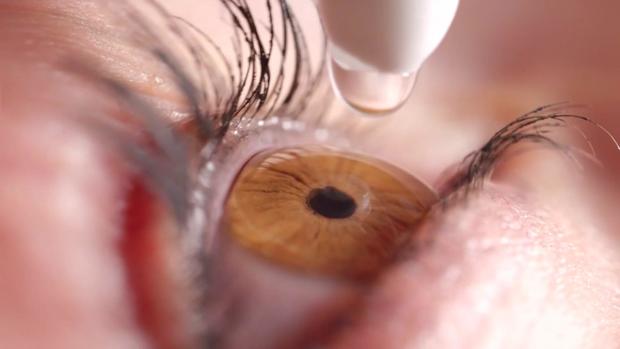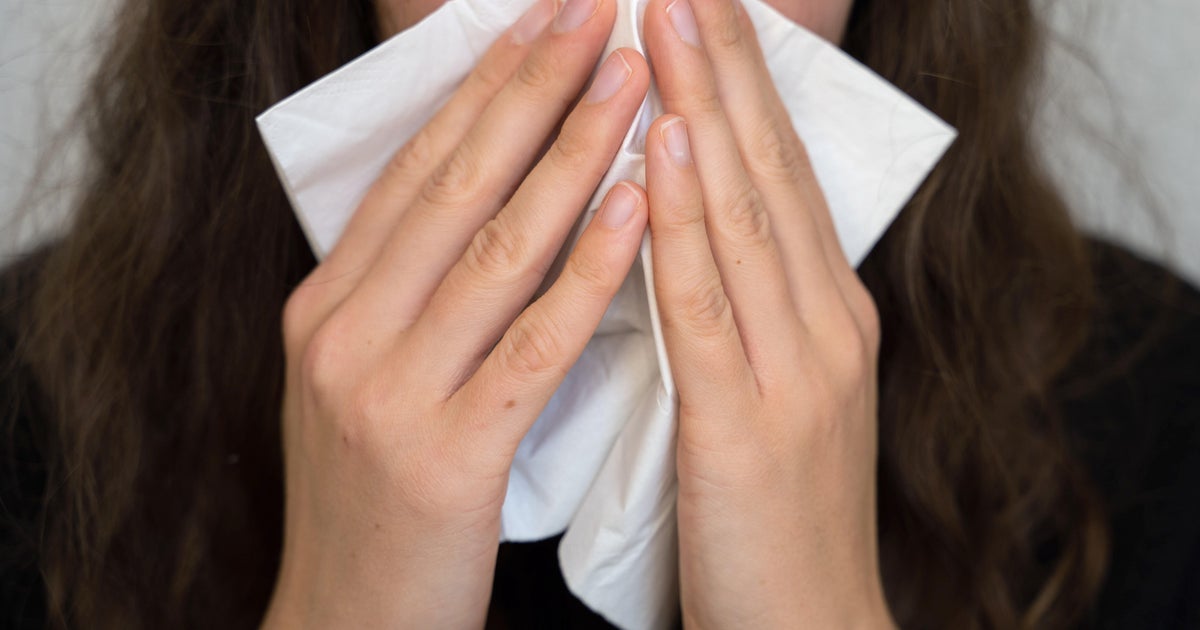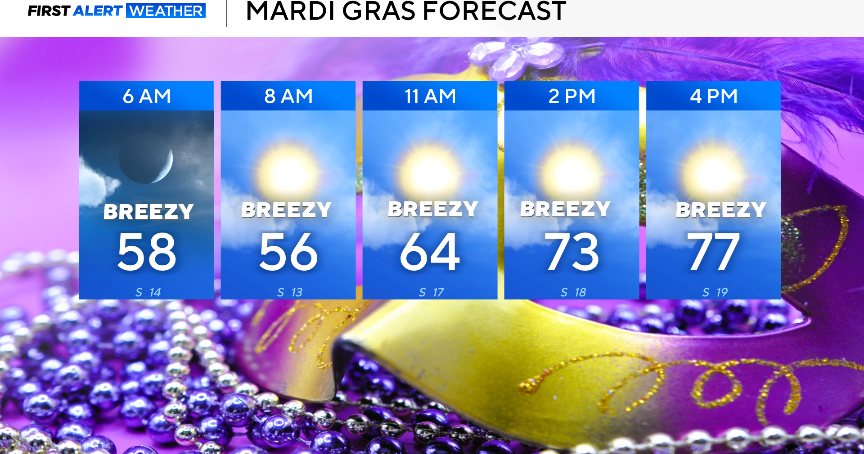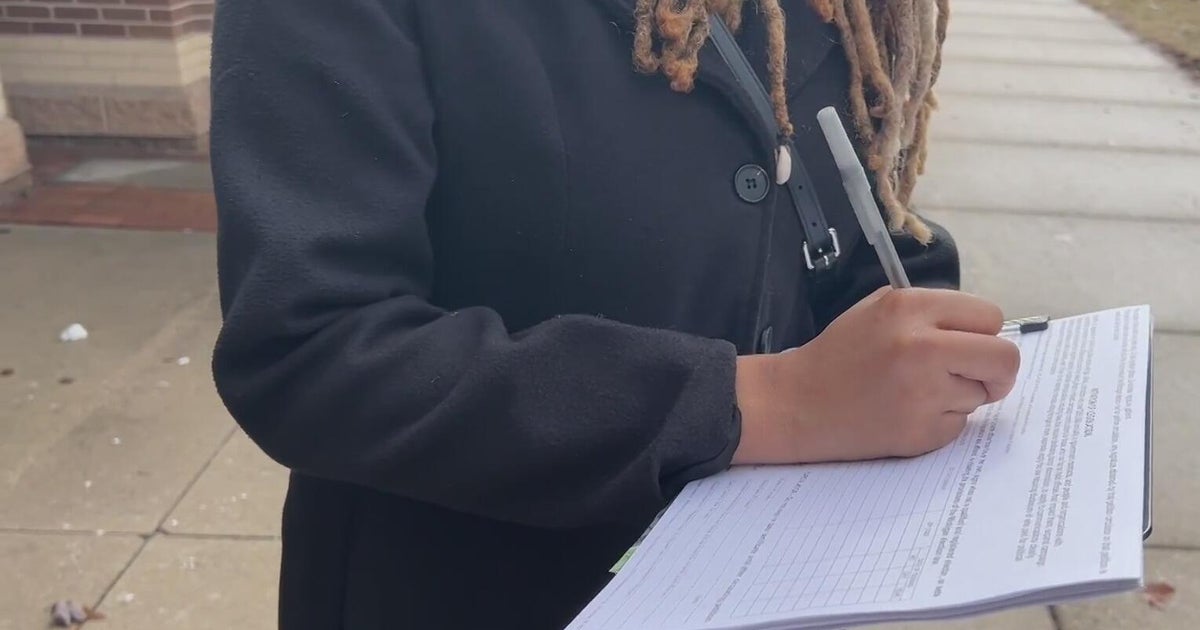What guidelines should we follow when buying eye drops?
ST. PAUL, Minn. – Your eyes might bother you this time of year, but they definitely don't deceive you when you see the copious collection of eye drop choices at Setzer Pharmacy in St. Paul.
Finding relief is one thing, but knowing what to pick is another.
"It can be a bit overwhelming," said Dr. O'Malley Bosanic, an optometrist with West Metro Ophthalmology.
What should we be considering when buying eye drops?
"Everybody's different. No one drop is the miracle drop," said Dr. Bosanic.
There's three categories for eye drops:
* Artificial tears (rewetting): treats dry eyes
* Allergy relief: treats itchy, burning, watery eyes.
* Anti-redness: treats redness
Experts say the anti-redness drops should only be used for a few days, partly because they can make the redness worse.
"They're not necessarily addressing the underlying problem," said Dr. Bosnaic.
Another option to consider is the size of the bottle.
"I do think depending on your use, you may not need such a large amount," said Jean Moon, a pharmacist who is an associate professor at the University of Minnesota College of Pharmacy. "Especially with your eyes, thinking about how sensitive your eyes are, you would want to make sure that eye drops stay sterile."
A big bottle lasts longer, but could expire after years on your shelf.
Another differentiator with eye drops customers often notice is the price. We found bottles as low as $5 and a few as high as $25.
"Ultimately, I think an over-the-counter option should be cost effective," said Dr. Bosanic.
One reason for the price discrepancy could be whether the drops have preservatives.
"Sometimes preservatives is an irritant for some people," said Dr. Bosanic.
Those without preservatives tend to cost more, but might be best for people who wear contacts.
How can we get relief without putting eye drops in?
"You can definitely take things that help with your whole body reacting to allergens," said Moon, before suggesting allergy pills and nasal sprays as a remedy.
Washing your face after being outside can also help remove pollens. Wearing sunglasses can block them from getting into your eyes.
Dr. Bosnaic's last piece of advice is arguably the toughest to follow when the irritation is at its worst.
"I know it's so hard because it's so uncomfortable, but I strongly, strongly encourage patients to resist the urge to rub your eyes," she said. "Rubbing your eyes can actually make your symptoms worse, and rubbing your eyes is harmful."
If you're ever unsure what eye drops to buy, ask a pharmacist. If your symptoms can't be relieved with eye drops, it might be time to see an eye doctor since they can prescribe certain medicines.









